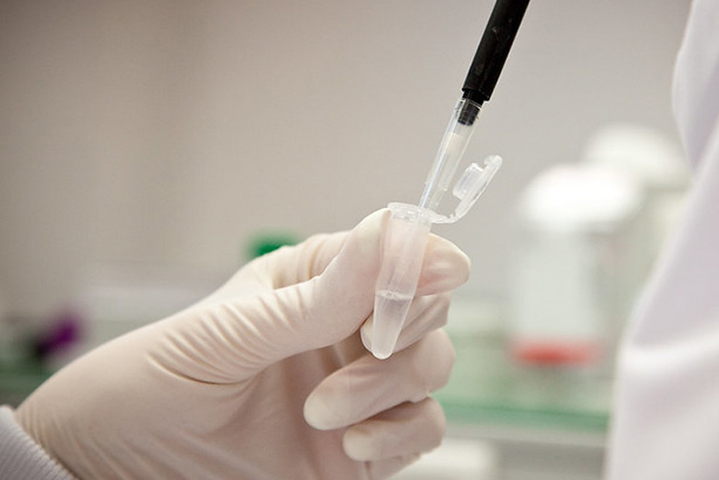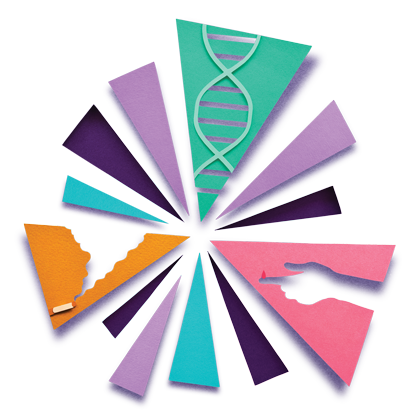Identifying Biomarkers for Early Detection of Pancreatic Cancer

Could it be possible to detect pancreatic cancer before clear signs or symptoms appear?
One of the reasons pancreatic cancer is so difficult to treat is because it is often not detected until it has reached an advanced stage or spread throughout the body. While image-based screening can identify precancerous lesions and pancreatic cancers, researchers are seeking better biomarkers to aid in evaluation of the pancreas. This study is designed to see if the analysis of pancreatic juice and pancreatic epithelial cells circulating in the blood could be used to develop diagnostic tests.
Seeking a Biomarker
Pancreatic juice, collected from the duodenum during routine endoscopic ultrasound, has revealed that it is a rich source of biomarkers of pancreatic neoplasia. Duodenal fluid and/or pancreatic cyst fluid will be collected, as well as a blood sample. Researchers will track the progress of trial participants and compare potential biomarkers between patients who progress to pancreatic cancer or high-grade dysplasia versus those who do not progress.
Who Can Participate
The trial aims to enroll and follow 3,000 individuals who meet any of the following criteria:
- Strong family history of pancreatic cancer on one side of the family tree;
- Confirmed germline mutation carriers (BRCA1/2, FAMMM, PALB2, HNPCC/Lynch syndrome, PRSS1/2, or CTRC) or Peutz-Jeghers syndrome;
- Hereditary pancreatitis;
- Incidentally-identified pancreatic cysts;
- Routine pancreatic evaluation for non-pancreatic indications (such as those who undergo endoscopic ultrasound for other upper GI conditions).
We encourage you to consult your physicians for clinical trials that may be right for you. The website ClinicalTrials.gov provides more details about this trial as well as many others. You can visit the Let’s Win Trial Finder for a list of all active pancreatic cancer clinical trials.






